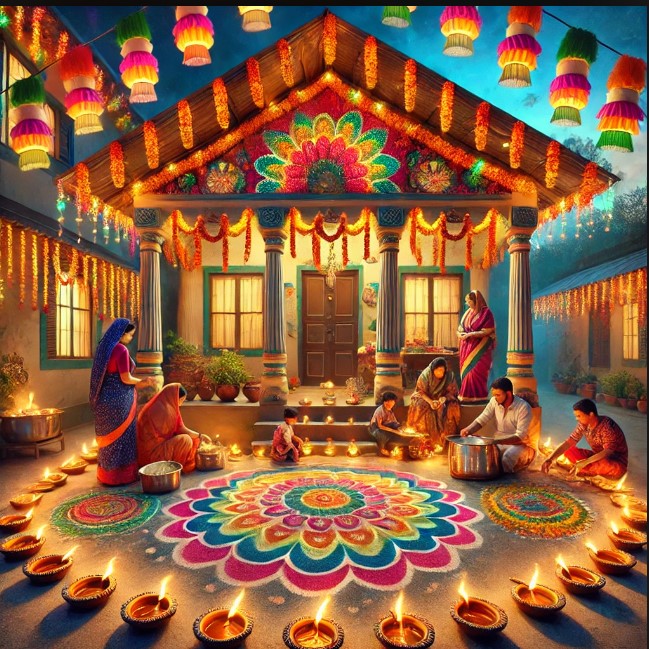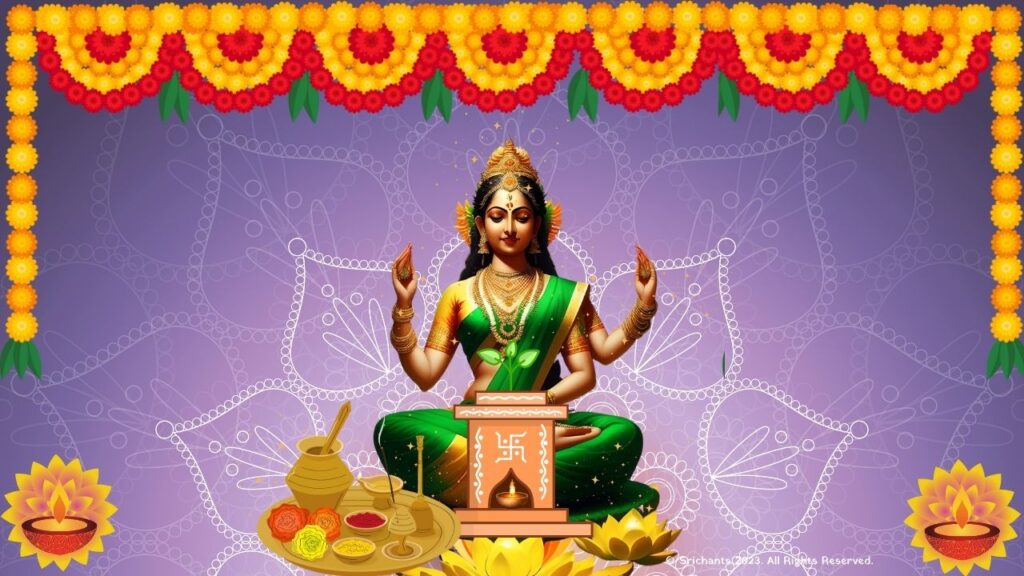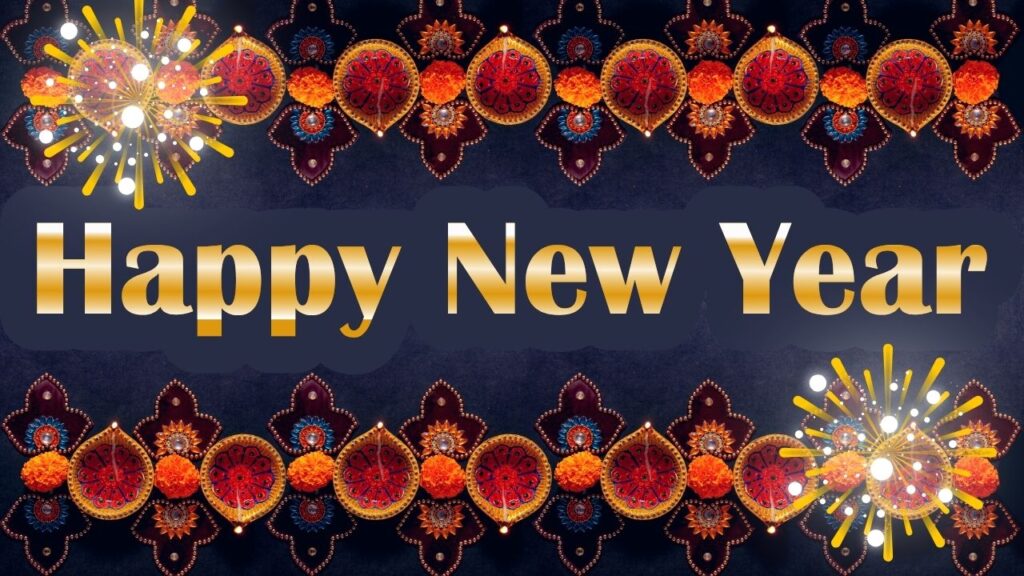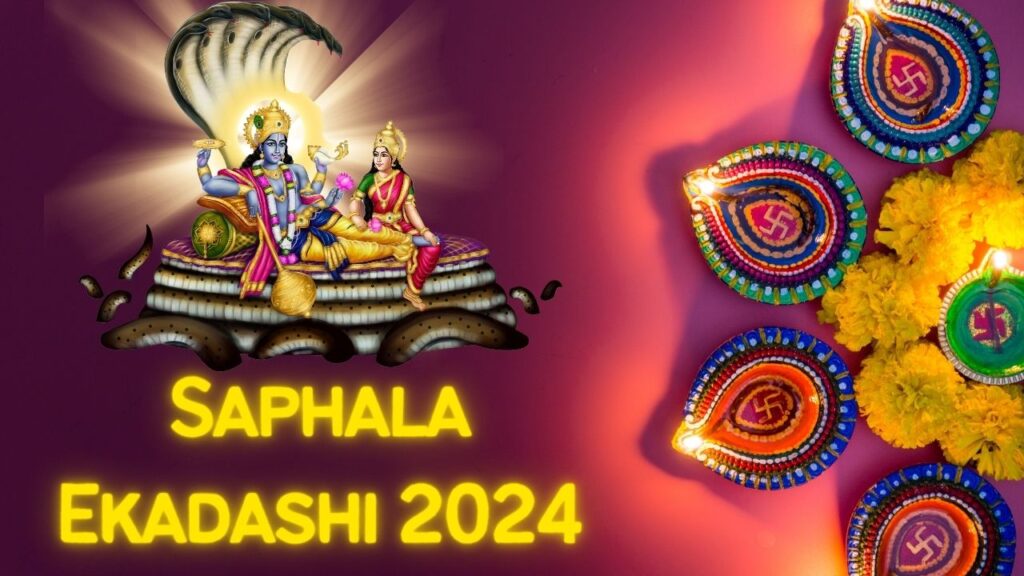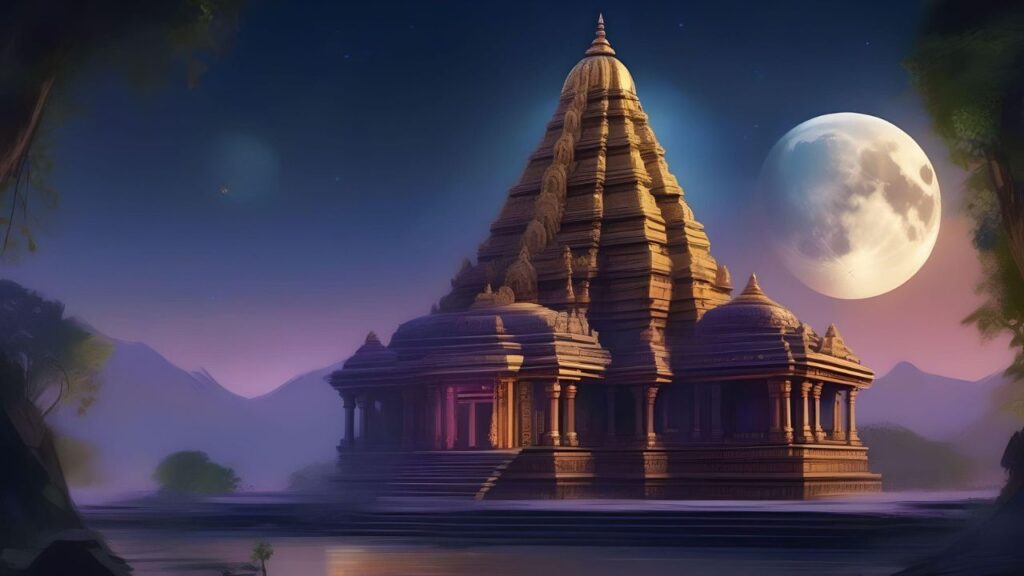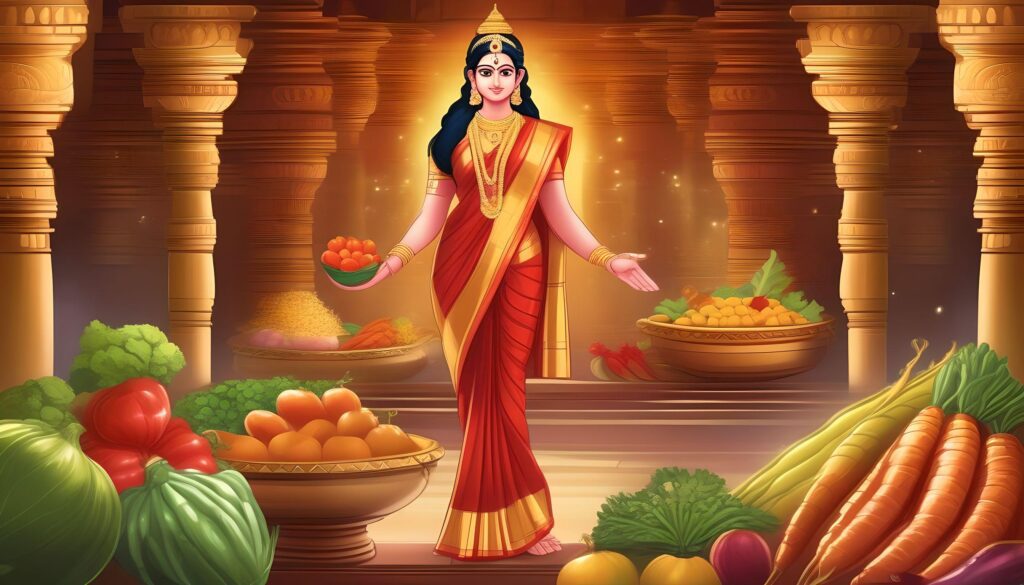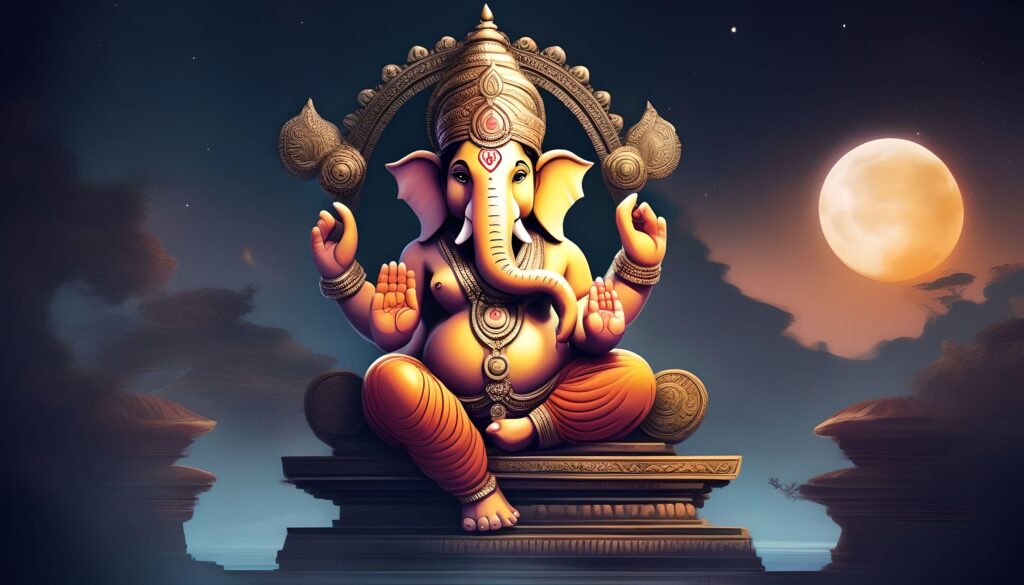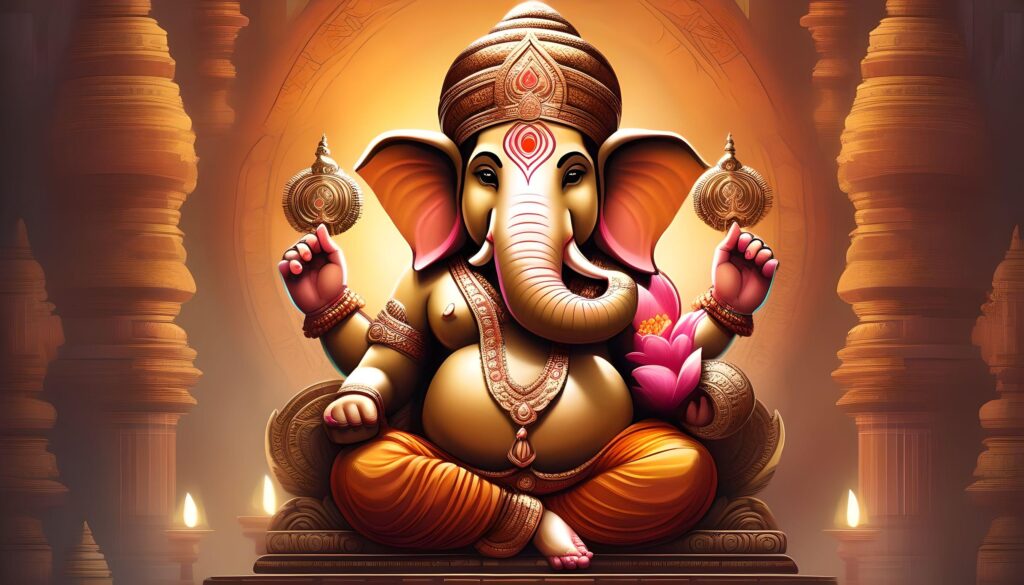Choti Diwali: Popularly Known As Chhoti Diwali
Celebrated a day before the main Diwali celebration, Choti Diwali, commonly called Naraka Chaturdashi, It’s a main feature of India’s five-day Diwali festivities. This article will go over the significance, background, practices, and meaning of Choti Diwali.
Table of Contents
- Introduction to Choti Diwali
- The Legend Behind Choti Diwali
- Rituals and Traditions of Choti Diwali
- Cultural Significance of Choti Diwali
- The Spiritual Side of Choti Diwali
- Choti Diwali in Different States
- FAQ on Choti Diwali
Introduction to Choti Diwali
Choti Diwaly, sometimes Naraka Chaturdashi, is the second day of the five-day Diwali celebration. Diwali itself notes the victory of good over evil and light over darkness. Choti Diwali gets one ready for the great Diwali night with its own customs and stories. Getting people spiritually, physically, and psychologically ready for the major Diwali celebrations is the aim of the day.
The Legend Behind Choti Diwali
The main story of Choti Diwali centers Narakasura, a demon king known for his brutality. Ignoring the domain of Pragjyotisha, he tormented mortals and gods. In his palace Narakasura trapped thousands of princesses. His horrible crimes become intolerable, and Lord Krishna at last released his tension.
In their struggle, Krishna vanquished Narakasura, therefore rendering the demon king dead. This victory is symbolized by Naraka Chaturdashi, the end of darkness. Burning lamps on this day evolved from the people lighting lamps to mark their freedom and safety.
Other Legends Related to Choti Diwali
According certain customs, Goddess Kali killed the demon king on this day. Some places believe that Lord Hanuman saved the people by showing them guidance and light. These differences give Choti Diwali a day with many legendary interpretations.
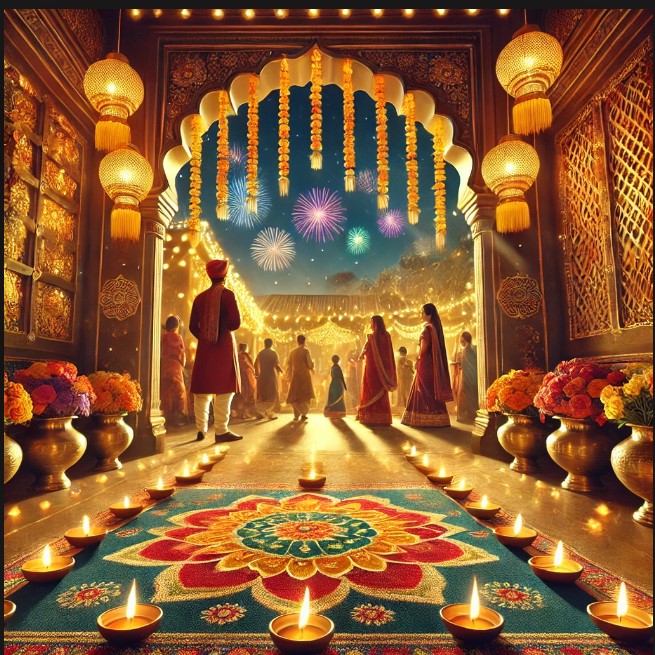
Rituals and Traditions of Choti Diwali
Rituals play an essential role in Choti Diwali celebrations, and they vary from region to region. However, some rituals are common across most Indian households:
1. Abhyanga Snan (Ritual Bath)
- Abhyanga Snan is a sacred bath taken before sunrise on Choti Diwali. People apply scented oils, usually infused with herbal ingredients, to their bodies before bathing. This ritual is believed to cleanse the body and mind, warding off negative energies.
- Abhyanga Snan is followed by prayers and offerings to deities.
2. Lighting Lamps (Diyas)
- Lighting diyas on Choti Diwali signifies the removal of darkness from life. Diyas are lit in every corner of the house to ward off evil spirits and invite prosperity. People also light candles and decorate their homes with small lights to create a festive ambiance.
3. Preparing Sweets and Traditional Foods
- Preparing and sharing sweets is an integral part of the celebration. Traditional sweets like laddoos, barfis, and halwas are made and offered to family members and guests.
- Special dishes like poha, chakli, and kheer are also prepared in some regions.
4. Kali Chaudas Puja
- In some parts of India, especially in Gujarat, Choti Diwali is celebrated as Kali Chaudas. This ritual is dedicated to worshipping Goddess Kali, who is believed to destroy evil forces and grant strength and protection.
5. Prayers and Offerings to Ancestors
- Many families remember and offer prayers to their ancestors on Choti Diwali, asking for blessings and guidance. This practice is often done early in the morning before the other rituals.
Cultural Significance of Choti Diwali
Choti Diwali is about rituals as much as about spending meaningful time with family. Families get together to mark the end of darkness, therefore strengthening their bonds among themselves. Cleaning and decorating homes for the big Diwali festival starts a new chapter.
People celebrate together in open spaces found in towns and villages. This form of community gathering helps people to live in peace. Sweet-sharing and gift-giving accentuates Choti Diwali’s delight.
The Spiritual Side of Choti Diwali
More spiritually valuable is Choti Diwali. The festival reminds us that good always triumphs over evil notwithstanding all the force of the darkness. Lighting lamps is like waking inner light. This is the time to rid the soul and mind of unwanted thoughts and emotions.
For many, Choti Diwali is a day for prayer and meditation with a view toward personal purification. Thought of as a way to clean the mind and spirit as well as the body.
Choti Diwali in Different States
India’s cultural diversity is reflected in the different ways Choti Diwali is celebrated across states:
1. Maharashtra
- In Maharashtra, Choti Diwali is celebrated with the tradition of bathing before sunrise. People exchange sweets and apply ‘utna’ (a fragrant powder) on their bodies before the sacred bath.
2. Gujarat
- Choti Diwali is known as Kali Chaudas in Gujarat. People perform special pujas for protection against evil forces. The rituals involve offering prayers to the goddess Kali, who is believed to defeat dark forces.
3. West Bengal and Assam
- In these states, Choti Diwali aligns with the Kali Puja, where people worship the goddess Kali. The rituals focus on seeking her blessings for protection and courage.
4. South India
- In southern states like Tamil Nadu and Karnataka, Choti Diwali is celebrated by lighting lamps and preparing special dishes. People remember and honor ancestors through prayers.
Conclusion
Excellent celebration Choti Diwali blends legendary stories, familial practices, and spiritual value. Its rites and celebrations let us to recall the ongoing fight between good and evil, light and dark. Celebrating Choti Diwali urges us to greet optimism and be ready for the grand Diwali celebration with a cleaned-heart and house. Whether through sweets or lighting diyas, Choti Diwali draws people together and livenes homes.
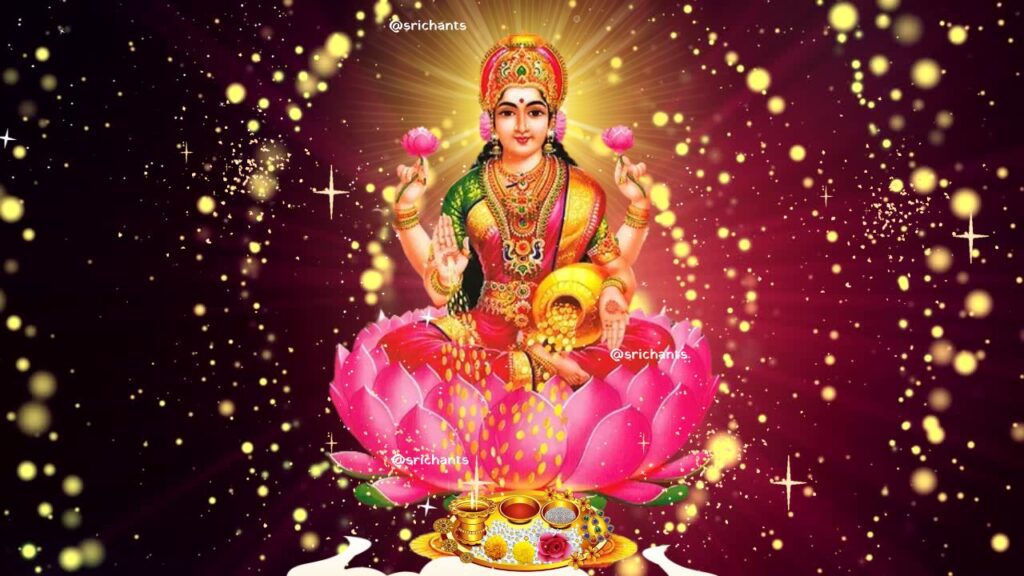
FAQ on Choti Diwali
1. What is the significance of Choti Diwali?
Choti Diwali, or Naraka Chaturdashi, marks the day when Lord Krishna defeated the demon Narakasura. The festival symbolizes the victory of good over evil and prepares people for the main Diwali celebration.
2. Why is it called Choti Diwali?
Choti Diwali means “Small Diwali” and is celebrated a day before the main Diwali. It is considered a preparatory day, filled with rituals to purify the body and mind for the grand festival.
3. What is Abhyanga Snan, and why is it important?
Abhyanga Snan is a traditional ritual bath taken early on Choti Diwali. It involves applying herbal oils to the body, symbolizing purification. The ritual is believed to cleanse away negative energies and bring physical and spiritual purity.
4. How is Choti Diwali different from the main Diwali?
Choti Diwali is focused on rituals like Abhyanga Snan, lighting diyas, and preparing sweets. It is a prelude to the main Diwali celebration, which involves more elaborate prayers, fireworks, and family gatherings.
5. What sweets are commonly prepared on Choti Diwali?
Common sweets include laddoos, barfis, halwas, and kheer. People often share these sweets with friends and family to celebrate the day with joy and unity.
6. Is Choti Diwali celebrated in all parts of India?
Yes, Choti Diwali is celebrated across India, though with variations. Some states celebrate it as Naraka Chaturdashi, while others observe it as Kali Chaudas or other regional names.
7. Why do people light diyas on Choti Diwali?
Lighting diyas signifies the removal of darkness and negativity from life. It’s a ritual of inviting positivity and good fortune into the home.
8. Is there a special prayer for Choti Diwali?
There is no specific prayer, but people often recite mantras dedicated to Lord Krishna, Goddess Kali, or other deities, depending on regional beliefs.
9. What does Kali Chaudas mean?
Kali Chaudas is another name for Choti Diwali, especially in Gujarat. It involves prayers to the goddess Kali for protection and strength against evil forces.
10. How can I celebrate Choti Diwali at home?
To celebrate Choti Diwali at home, you can begin with a ritual bath, light diyas, prepare sweets, and perform simple prayers. Sharing sweets with neighbors and family adds to the festive spirit.
Reference: Buy Book
